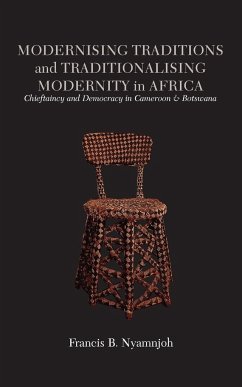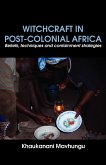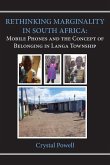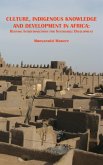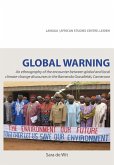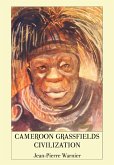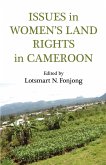Chieftaincy in Africa has displayed remarkable dynamics and adaptability to new socio-economic and political developments, without becoming totally transformed in the process. Almost everywhere on the continent, chiefdoms and chiefs have become active agents in the quest for ethnic, cultural symbols as a way of maximising opportunities at the centre of bureaucratic and state power, and at the home village where control over land and labour often require both financial and symbolic capital. Chieftaincy remains central to ongoing efforts at developing democracy and accountability in line with the expectations of Africans as individual 'citizens' and also as 'subjects' of various cultural communities. This book uses Cameroon and Botswana as case studies, to argue that the rigidity and prescriptiveness of modernist partial theories have left a major gap in scholarship on chiefs and chieftaincy in Africa. It stresses that studies of domesticated agency in Africa are sorely needed to capture the creative ongoing processes and to avoid overemphasising structures and essentialist perceptions on chieftaincy and the cultural communities that claim and are claimed by it.
Hinweis: Dieser Artikel kann nur an eine deutsche Lieferadresse ausgeliefert werden.
Hinweis: Dieser Artikel kann nur an eine deutsche Lieferadresse ausgeliefert werden.

